5 best CMS for SEO and content marketing 2025
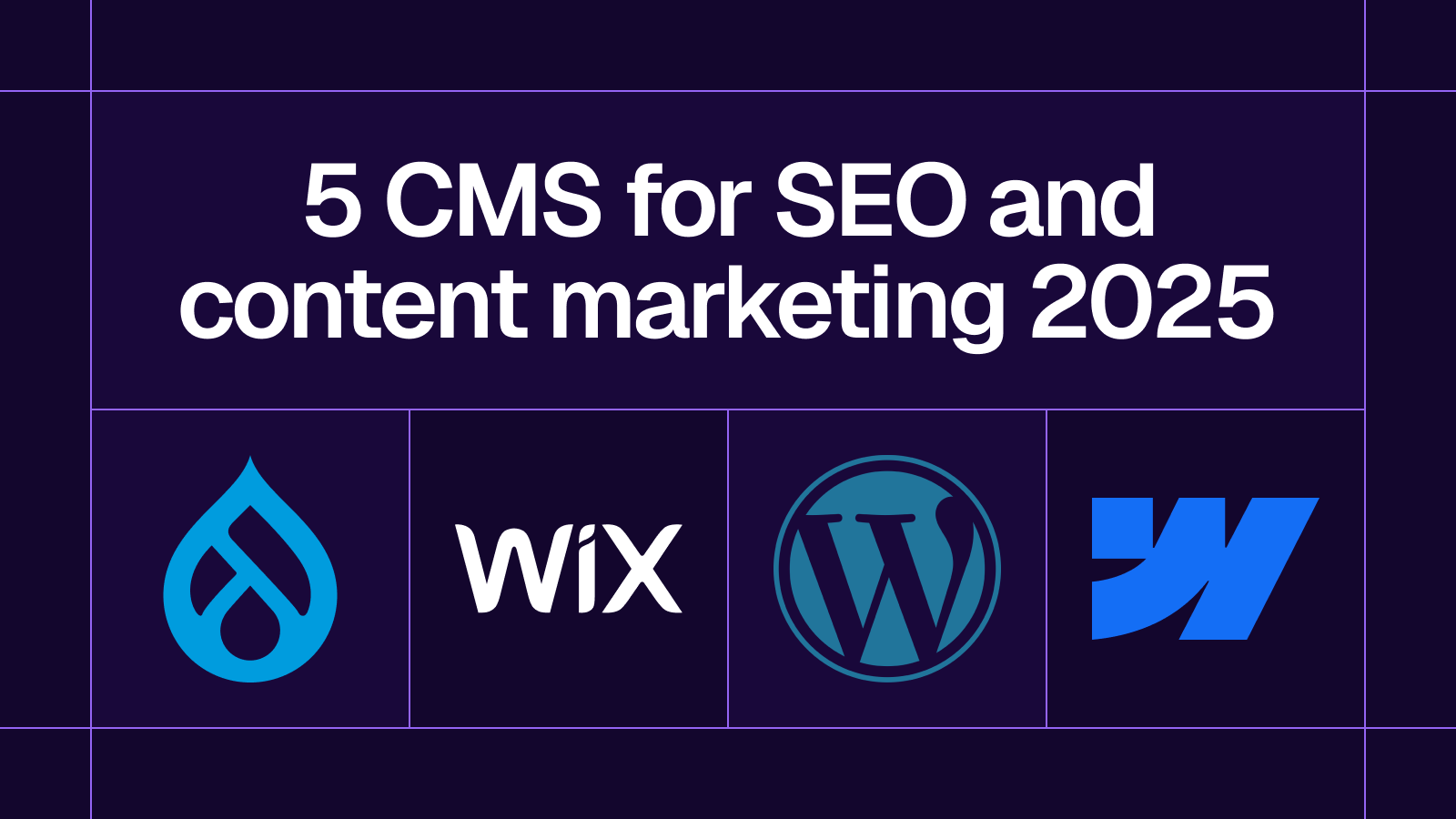
5 best CMS platforms for SEO and content marketing.
The last time we looked at CMS platforms, our focus was on headless CMS for content marketers, covering editor experience, scalability, pricing, and localization. But in 2025, SEO and is more important than ever, especially with the rise of AEO/GEO.
Your CMS is a core part of your marketing stack. It influences how fast your site loads, how well your pages rank, and how easily your team can optimize content for conversions. The best CMS for SEO and content marketing should offer:
- Fast load times and mobile responsiveness
- Clean URL structure and metadata control
- Built-in analytics and tracking support
- Native AI integrations for content generation and optimization
In this post, we’ll break down the best CMS options for marketers in 2025 and why they stand out.
WordPress (best CMS for large sites)
WordPress powers over 43% of the world’s websites and has a 61.4% market share among CMS platforms. For SEO, its flexibility is great, you can fully customize metadata, build XML sitemaps, optimize internal linking. But WordPress’ SEO strength lies in its flexibility with thousands of SEO plugins, like Yoast or RankMath.
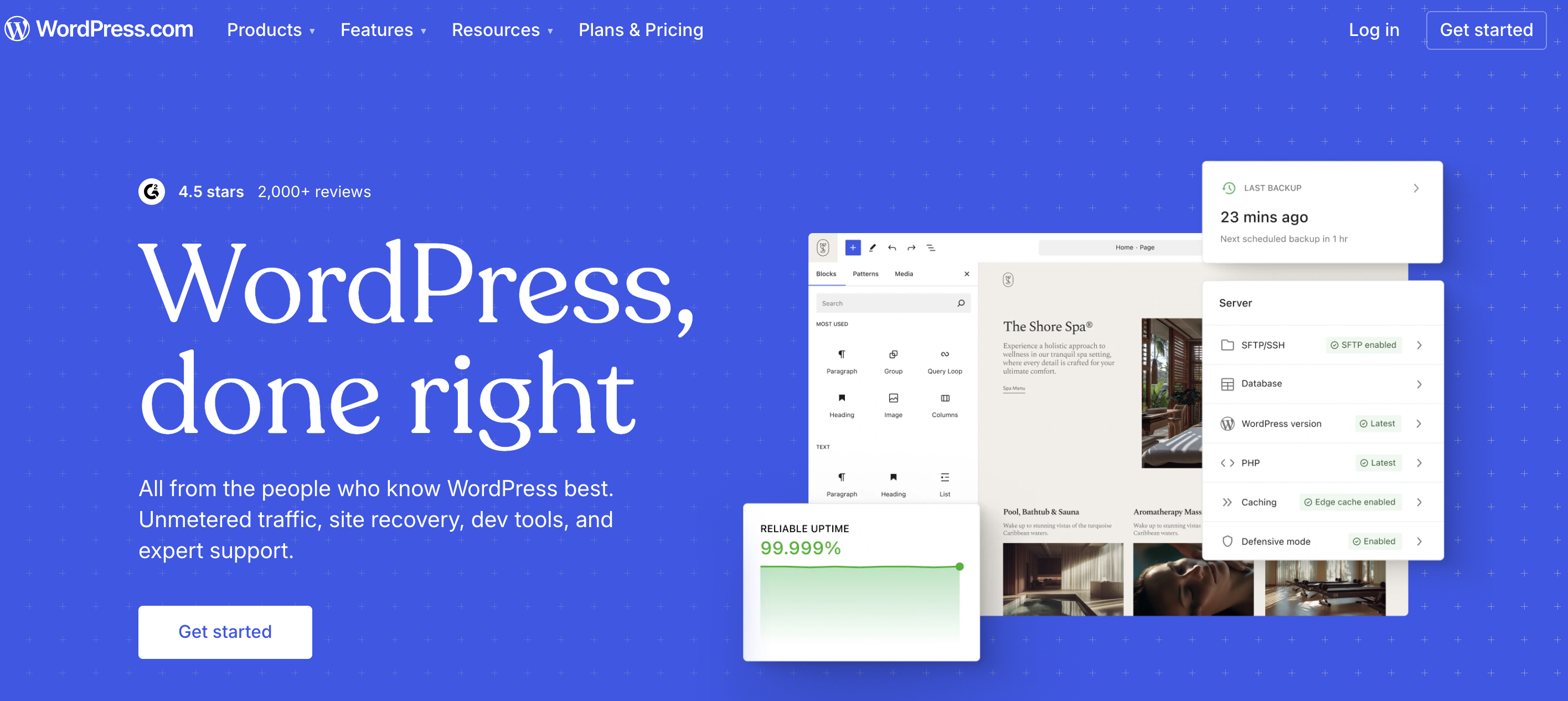
For content marketers, WordPress remains unmatched in plugin variety, editorial workflows, and integrations with AI tools. WordPress has the following advantages for SEO:
- Extensive SEO plugin ecosystem
- Full control over page templates and structure
- Rich snippet and schema markup support
- Built-in permalink customization
- Mobile-first themes and AMP support
You can bring that flexibility even further by syncing your site with Airtable, Notion, Google Sheets, and other tools using Whalesync. That means you can manage your content where it’s most convenient, while keeping your WordPress posts, pages, or product data always up to date.
Webflow (best CMS for designers)
Webflow has become the go-to CMS for design focused marketers who also care about SEO. If you’re doubting your design skills, you can always take advantage of Webflow’s AI site builder and prompt your way to a beautiful site.
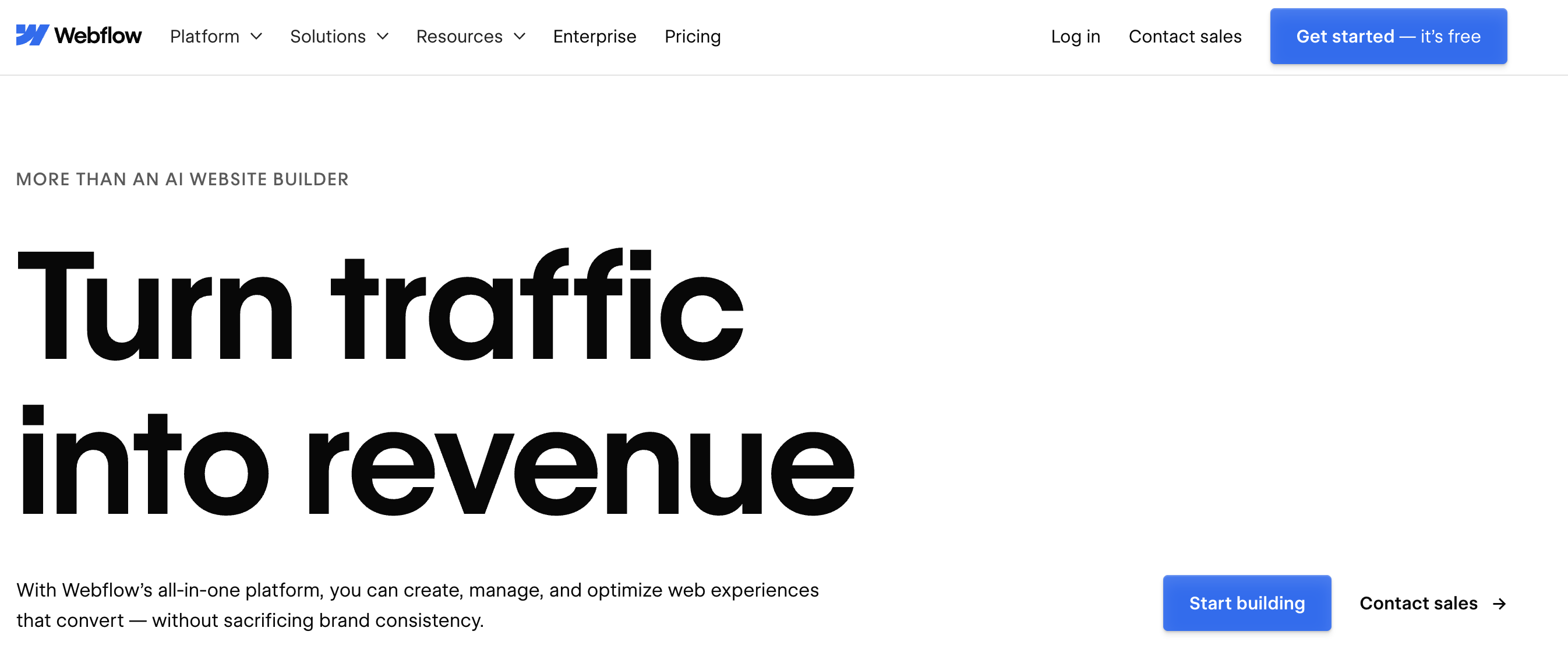
Webflow offers native control over technical SEO: you can edit meta titles, descriptions, alt text, Open Graph tags, and generate XML sitemaps, all without plugins. The key SEO features include:
- Visual design control with no-code interface
- Built-in SEO optimization tools
- Fast hosting and CDN integration
- Advanced responsive design capabilities
- Native CMS collections for structured content
Webflow also excels at performance optimization, with automated image optimization, minified code, and instant loading states. Webflows’s hosting infrastructure ensures fast page loads across all devices, which is crucial for both SEO and user experience.
For content marketers, Webflow integrates well other tools. For instance, with Whalesync, you can sync content from Notion or Airtable directly into Webflow. Whether your team is drafting articles in Notion or building a directory website from Airtable data—so they can keep working in their preferred tools while your site stays SEO-optimized and up to date.
Ghost (best CMS for writers and publishers)
Ghost is an open source CMS built for publishing. Unlike WordPress, it doesn’t have a plugin ecosystem. But Ghost does shine when it comes to site speed and simplicity, which directly impact SEO rankings. Its default themes are lightweight, mobile-optimized, and fast.
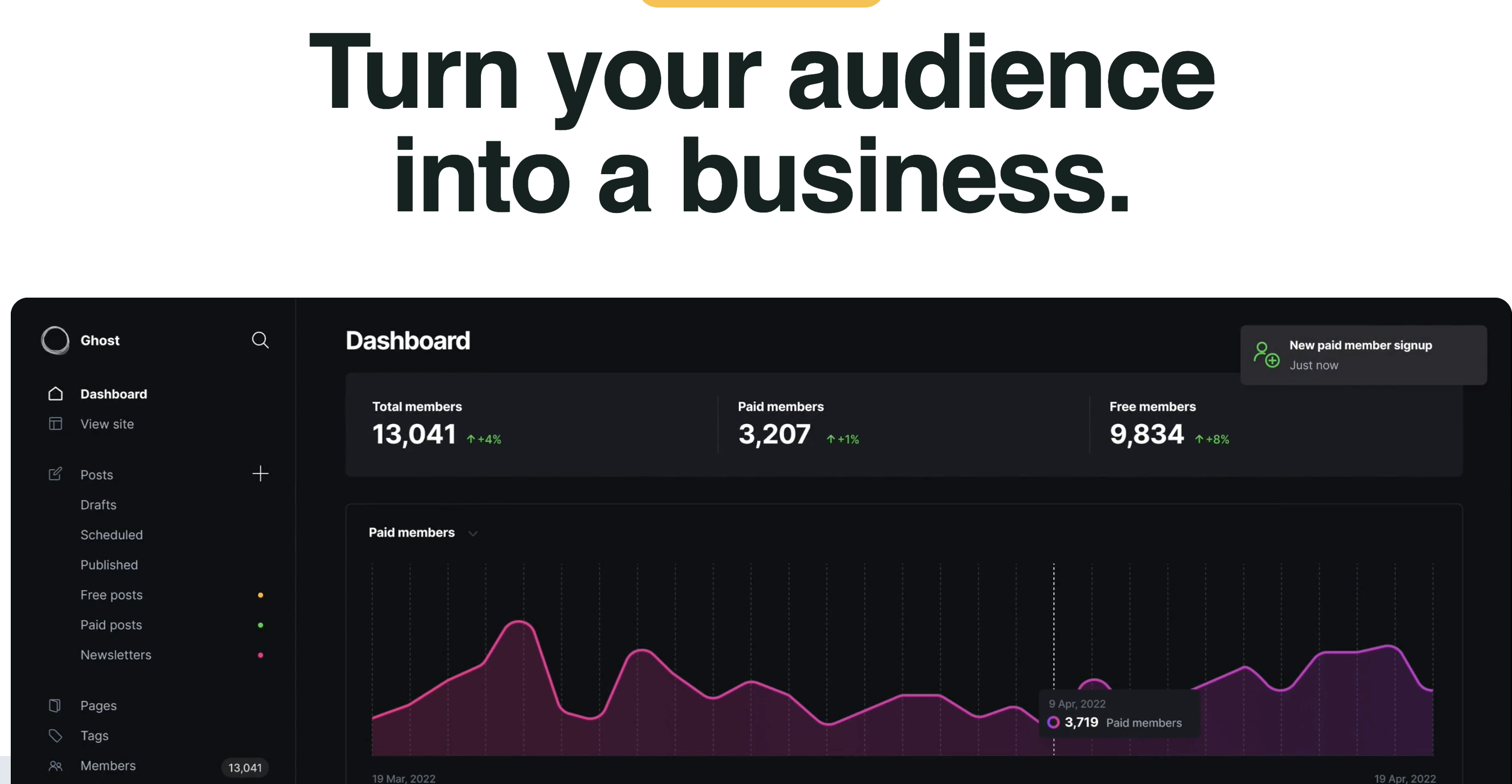
Ghost is an ideal choice for content-heavy brands, whether you’re running a blog, founder newsletter, or thought leadership hub, because it keeps the focus on publishing.
Ghost offers:
- Native newsletter and membership features
- Built-in SEO optimization tools
- Clean, distraction-free writing interface
- Markdown support for efficient content creation
Drupal (best CMS for PHP fans)
Drupal is an enterprise-grade CMS, used by major organizations, media companies and government sites. Drupal’s well-optimized codebase and built-in page caching options make it an excellent CMS for SEO. Drupal also uses the Big pipe technique to load pages faster.

Drupal does have a steep learning curve compared to other CMS platforms, but its SEO capabilities are advanced.
Drupal offers:
- Advanced content modeling and structured data
- Multi-language support and localization
- Enterprise-level security features
- Powerful content workflow tools
- Built-in caching and performance optimization
Wix (best Webflow alternative for a site builder/CMS)
Wix has evolved significantly from its early days as a simple website builder. Today, it’s a full-featured CMS hosted on a fast, secure infrastructure with automatic updates and built-in performance optimizations, which directly support SEO.

Wix also has features like customizable meta tags, structured data markup, and automatic XML sitemaps. Its visual editor makes it easy to apply SEO best practices without needing to code, while advanced users can tap into Wix’s developer tools, for greater flexibility and customization.
Wix offers:
- SEO-friendly infrastructure (automatic caching, image compression, mobile optimization)
- AI-powered SEO tools to generate meta titles and descriptions
- Flexible blogging and content management with categories, tags, and dynamic pages
- Built-in analytics and integrations with Google Search Console and GA4
- Multi-language support with localized SEO controls
With Whalesync’s Wix CMS connector, you can sync Wix with Airtable, Notion, and Google Sheets, making it even easier to manage your content across tools you already use and publish directly to your site.
What CMS should you choose?
The right CMS depends on your personal preference. If you need deep customization or enterprise-grade control, platforms like Drupal or WordPress may be the best fit.
But if you’re looking for the following:
- You want to design and publish quickly
- You want an intuitive editing experience
- You want to manage content in Notion or Airtable
Then Webflow, Wix, or WordPress paired with Whalesync is a powerful choice. You can keep your content in Notion or Airtable while publishing directly to your CMS of choice.
Subscribe for more
Stay up to date with the latest no-code data news, strategies, and insights sent straight to your inbox!
Thank you for subscribing!
Related posts
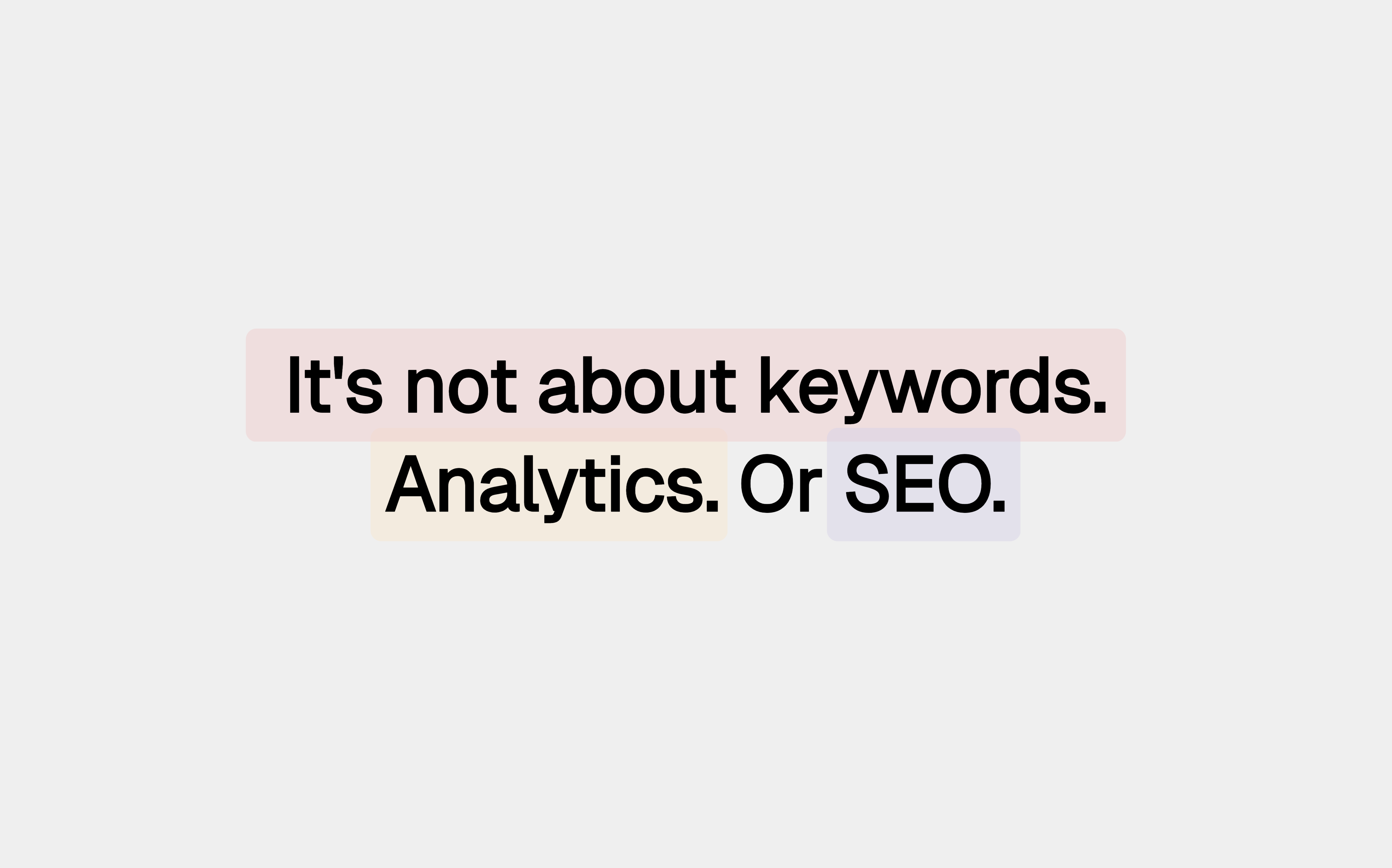


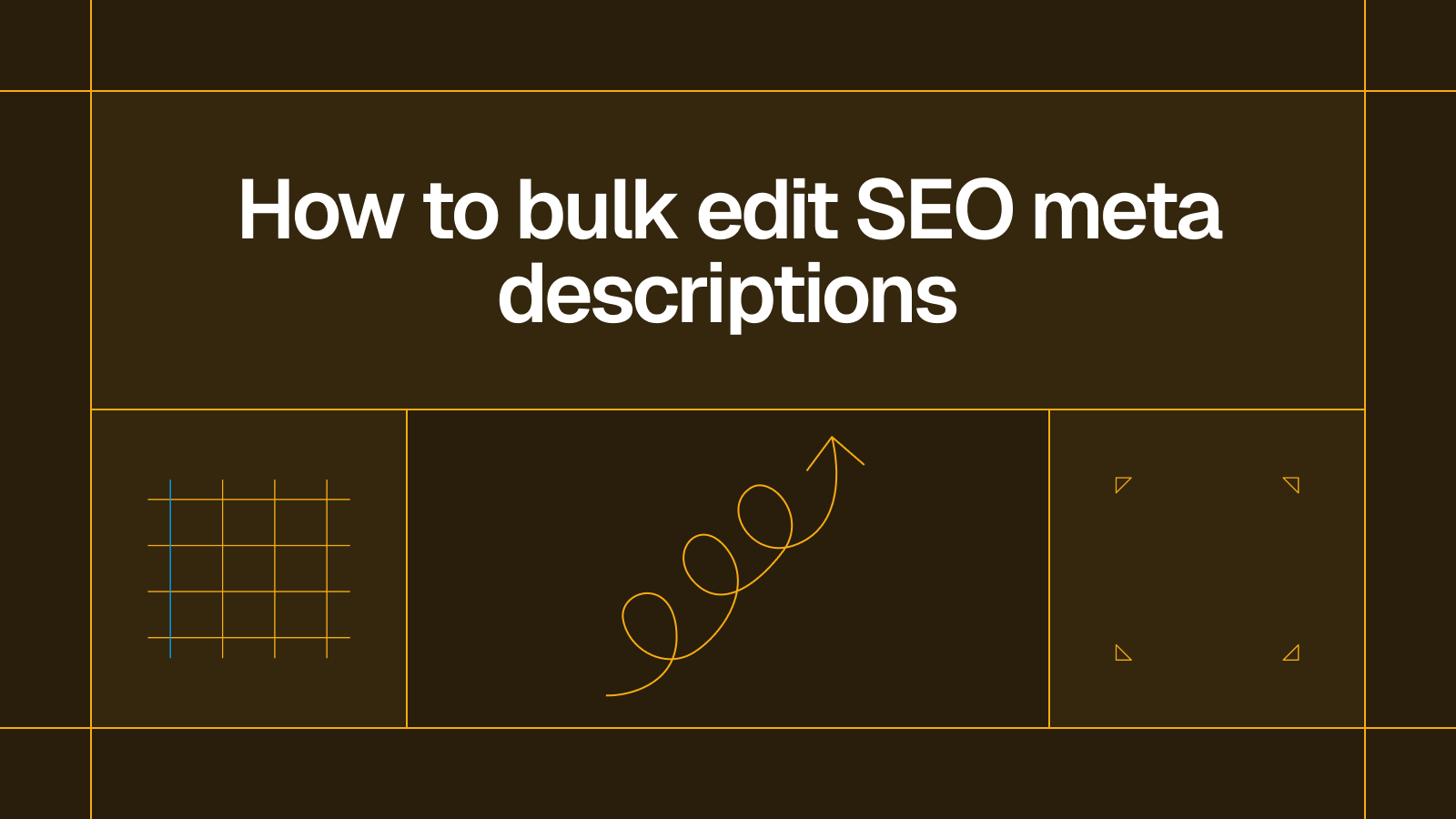

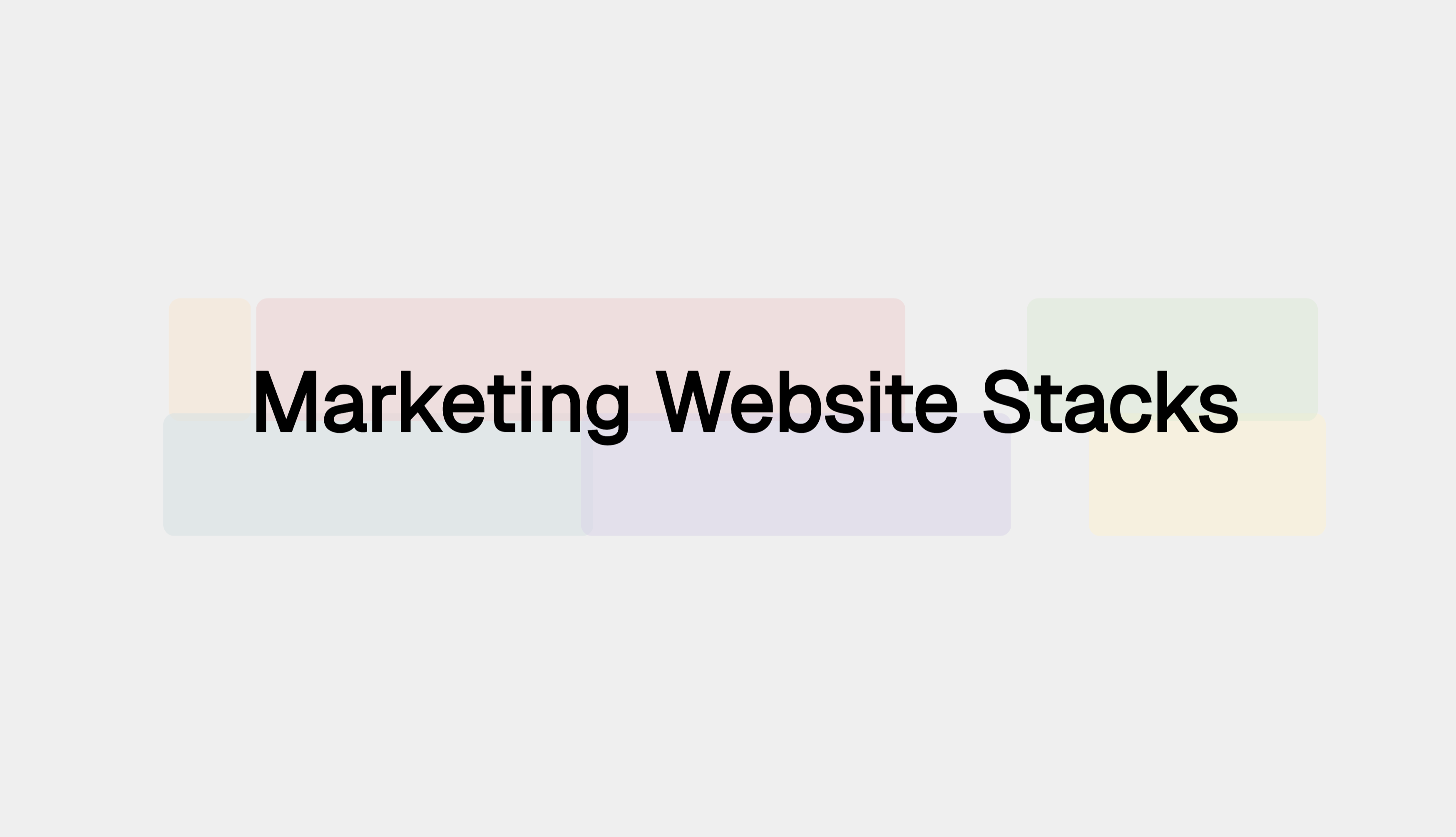
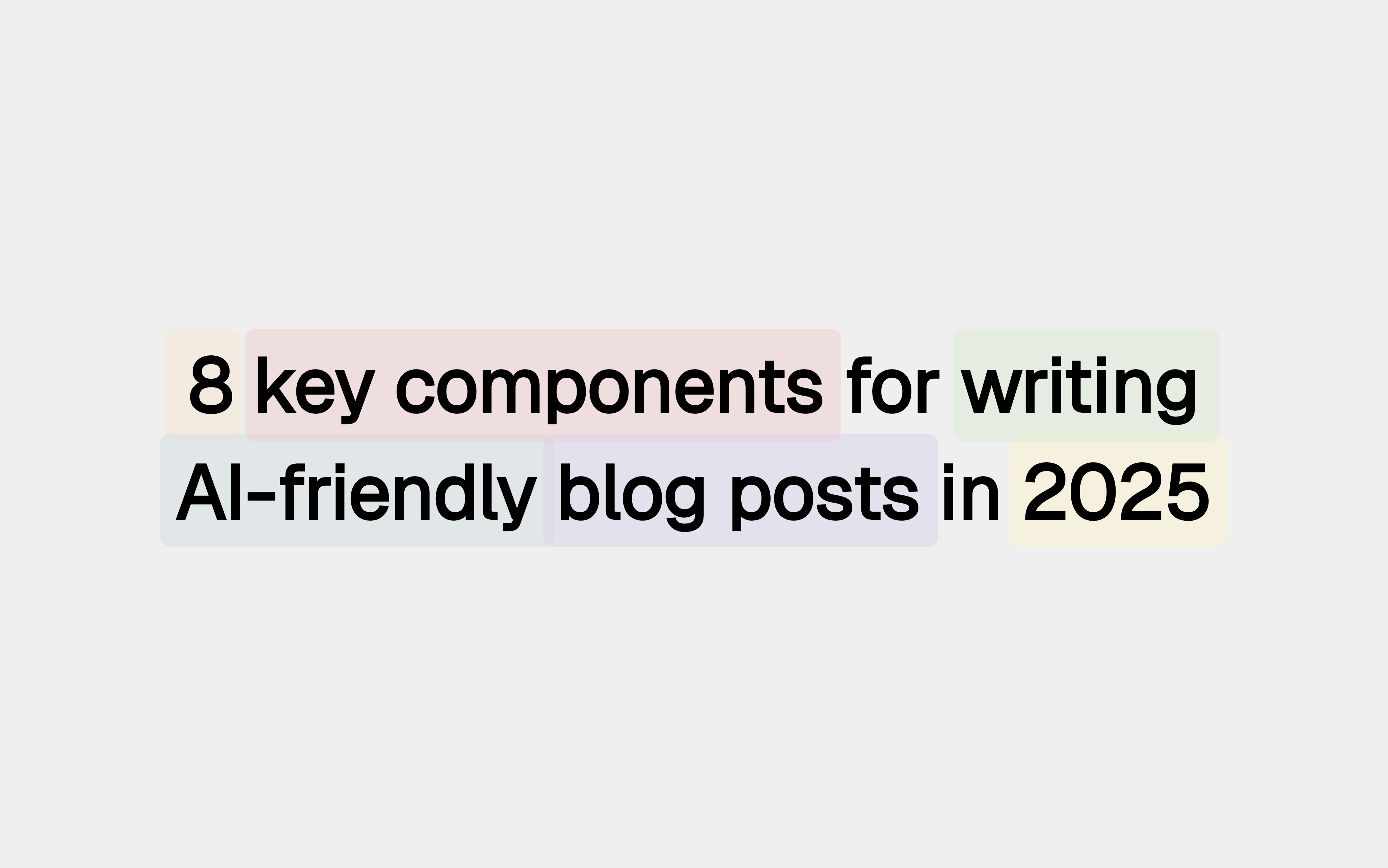





.svg)




.svg)


